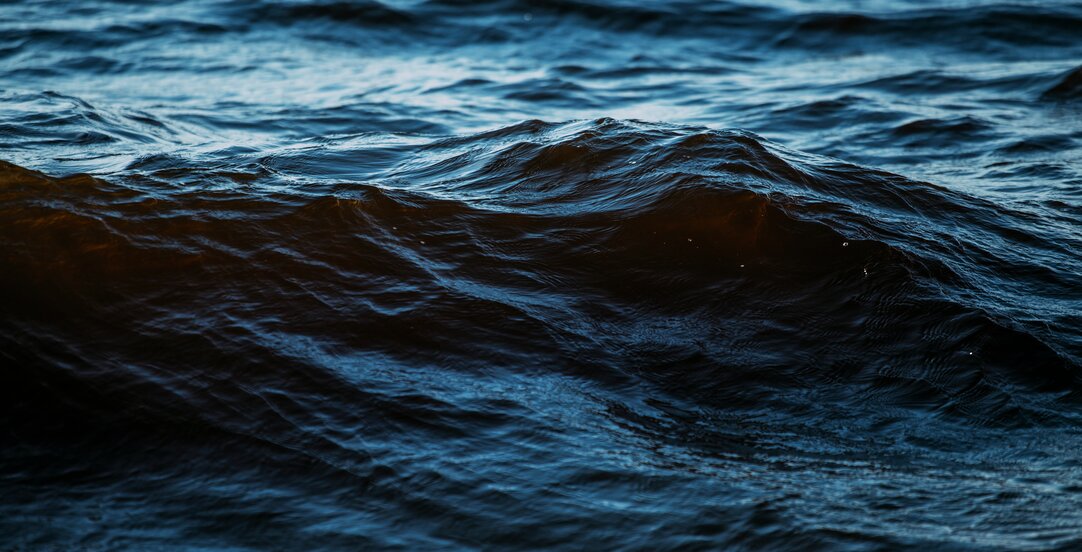The Thorco Lineage

The decision relates to an application pursuant to s.45 of the Arbitration Act 1996 for the determination of a point of law by the Court. The point related to the way in which the limitation sum under Article IV (5)(a) of the Hague Visby Rules ("HVR") is to be calculated where there is both physical damage and economic loss to the cargo.
Lesetid 5 minutter
Article IV r.5(a) of the HVR which relates to the carrier's limitation of liability provides as follows:
“Unless the nature and value of such goods have been declared by the shipper before shipment and inserted in the bill of lading, neither the carrier nor the ship shall in any event be or become liable for any loss or damage to or in connection with the goods in an amount exceeding the equivalent of 667.67 units of account per package or 2 units of account per kilogram of gross weight of the goods lost or damaged, whichever is the higher.”
The question was whether the economic loss suffered was limited by reference to:
- the weight of the whole cargo,
- the physically damaged cargo only, or
- whether it was unlimited.
The claim arose out of the grounding of the "Thorco Lineage'' following a loss of main engine power. During the salvage operations, part of the cargo carried on board was lost or physically damaged. The Claimant cargo owner (Trafigura) was seeking an indemnity and/or damages for their liability to salvors, for physical loss and/or damage to the cargo, on-shipment costs and costs relating to the disposal/sale of the physically damaged cargo.
The part of the cargo which was physically damaged was relatively small. However, the whole cargo had diminished in value at the port of discharge.
Cargo interests argued that the carrier's liability should be limited by reference to the weight of the salved cargo and that the correct interpretation of Article IV (5)(a) was that the loss or damage, referred to the goods being lost or damaged ''physically or economically''. In contrast, the carrier's argument was that the reference to goods being lost or damaged was limited to goods physically lost or damaged i.e. goods which had suffered a change in their physical state.
The Decision and the previous position
Sir Nigel Teare broke with the controversial decision of Mr Justice in ''The Limnos'' [2008], in which it was decided that the economic loss was to be limited by reference to the weight of the physically damaged cargo, meaning that even where there was no physical damage, the claim would not be subject to limitation. Sir Nigel Teare instead held that Article IV(5)(a) of the HVR limits claims for economic loss by reference to the weight of cargo physically or economically damaged.
Goods which suffer a diminution in value are therefore “lost or damaged” for the purpose of the rule. Interpreting “goods lost or damaged” as requiring the presence of physical damage to define or quantify the limit would bypass the intention of the HVR (see paragraphs 36 – 45 of the Judgment) to confer a right to limit in respect of liability for loss or damage or in connection with the goods. Lost or damaged goods would therefore include diminution in market value, liability to a third party such as salvors, or a requirement to tranship or incur other costs.
In addition, the liability in relation to salvage costs and on shipment costs was incurred in respect of the whole cargo which had in its entirety diminished in value at the port of discharge. Sir Nigel Teare also went on to agree with the alternative argument raised by the claimant cargo interests that even if Article IV (5)(a) was limited to goods that are physically damaged, the entire cargo in this case was actually physically damaged because the salvor's maritime lien had the effect of damaging the Claimant’s proprietary or possessory title to the cargo. This novel argument is however strictly obiter.
Sir Nigel Teare also relied on the decision of Mr Justice Devlin in Anglo-Saxon Petroleum Co. Ltd. v Adamastos Shipping Co. Ltd. [1957] which was a case in relation to s. 4(1) and (2) of the US Carriage of Goods by Sea Act. These provisions are very similar to Article IV (5)(a); they stipulate that (i) the carrier ''shall not be liable for “loss or damage” arising from unseaworthiness unless caused by want of due diligence and (ii) that the carrier shall not be liable for “loss or damage” arising from any of the named exceptions''. Devlin J acknowledged that a carrier may be liable for loss caused by delay or mis-delivery while the goods have suffered no damage and therefore the words ''loss or damage'' cannot be qualified to mean solely physical loss or damage. Sir Nigel Teare's interpretation was in line with Devlin J's approach by ruling that the relevant article cannot be read in a way which disregards the possibility of no physical damage taking place and therefore creating the anomaly of unlimited liability to such claims.
The additional argument put forward by cargo interests was that both parts of article IV (5) (a) must bear the same meaning. Since the reference to ''loss and damage'' in the first part is inclusive of economic damage, the same should apply to the second part which must be construed consistently, that is, “goods in respect of (or in connection with) which the loss and damage was suffered”.
This decision cannot be appealed, as an application under s45 of the Arbitration Act. As matters stand, there are now two conflicting first-instance decisions on this point. However, given the thorough analysis in the Thorco Lineage, our view is that this is more likely to be followed than the decision in The Limnos.